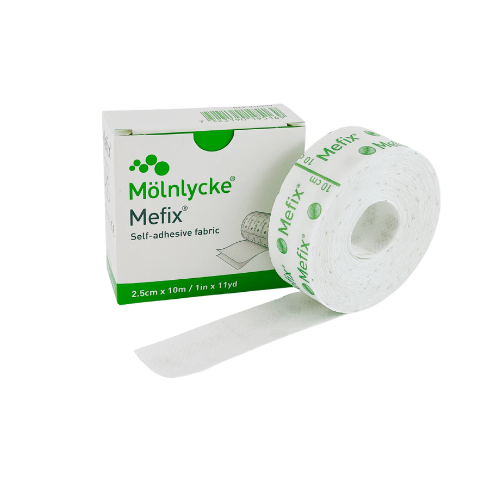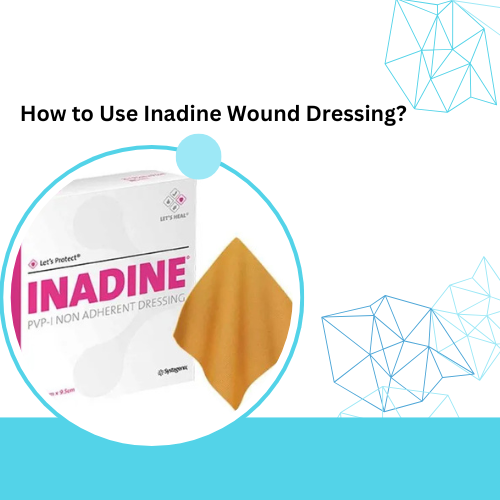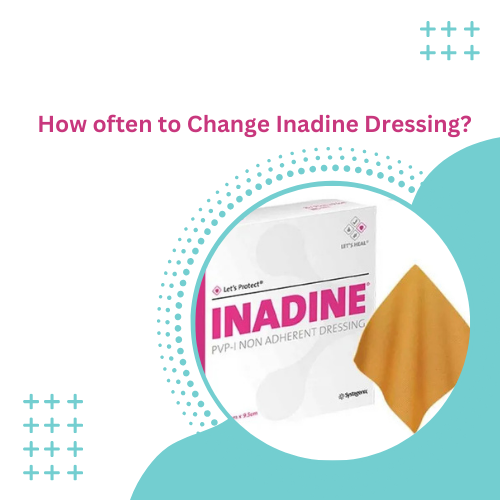Sunscreen is one of the most important products in your skincare routine, yet many people often overlook its importance. Whether you’re spending time at the beach, hiking in the mountains, or simply running errands in the city, using sunscreen is crucial to protect your skin from the sun’s harmful rays. In this comprehensive guide, we will discuss everything you need to know about sunscreen—what it is, how it works, why it’s essential, and how to choose the right one for your skin type. Let’s dive in and explore the world of sunscreen and why you should never skip applying it.
What is Sunscreen?
Sunscreen is a topical product designed to protect your skin from the harmful effects of ultraviolet (UV) radiation from the sun. UV rays are divided into two types: UVA and UVB. Both types of UV rays can cause skin damage, including premature aging, sunburn, and even skin cancer. Sunscreen acts as a shield, preventing these harmful rays from penetrating your skin.
When you apply sunscreen, it either absorbs, reflects, or scatters the UV radiation before it can damage the skin. Sunscreens are available in various forms, including lotions, creams, gels, sprays, and sticks, and can be formulated with different active ingredients to provide broad-spectrum protection.
Why is Sunscreen Important?
The importance of sunscreen cannot be overstated. The sun emits UVA and UVB rays, which can have detrimental effects on your skin over time. UVA rays penetrate deep into the skin, leading to premature aging, wrinkles, and hyperpigmentation, while UVB rays are primarily responsible for sunburn. Both types of rays can increase your risk of developing skin cancer.
Daily use of sunscreen not only prevents sunburn but also helps in reducing the risk of skin cancer. Sunscreen is essential for all skin types, regardless of your skin tone or complexion. While those with lighter skin are more prone to burning, darker skin can still suffer damage from the sun’s rays, including hyperpigmentation and an increased risk of melanoma.
How Does Sunscreen Work?
Sunscreen works by using active ingredients to block or absorb UV radiation. There are two main types of sunscreen: physical and chemical.
- Physical Sunscreen: Also known as mineral sunscreen, physical sunscreen contains active ingredients like zinc oxide or titanium dioxide. These ingredients sit on top of the skin and reflect or scatter UV rays away from the surface. Physical sunscreens offer broad-spectrum protection and are often recommended for people with sensitive skin.
- Chemical Sunscreen: Chemical sunscreens contain organic compounds such as avobenzone, oxybenzone, and octocrylene. These compounds absorb UV radiation and convert it into heat, which is then released from the skin. Chemical sunscreens are lightweight and easy to apply, but they may not be suitable for sensitive skin, as some of the ingredients can cause irritation.
Regardless of the type, sunscreen is only effective if applied correctly. You should use at least one ounce (about a shot glass worth) of sunscreen to cover your entire body and reapply it every two hours, or more frequently if you’re swimming or sweating.
Sunscreen SPF: What Does it Mean?
The SPF (Sun Protection Factor) of sunscreen is a measure of how well it protects your skin from UVB rays, which are the primary cause of sunburn. For example, an SPF of 30 means that it would take 30 times longer for your skin to burn than if you were not wearing sunscreen. SPF 30 blocks approximately 97% of UVB rays, while SPF 50 blocks about 98%. It’s important to note that no sunscreen can provide 100% protection, so you should still take precautions, such as wearing protective clothing and seeking shade during peak sunlight hours.
SPF is not an indication of how long you can stay in the sun without reapplying sunscreen. Even with a high SPF, you should still reapply sunscreen every two hours, especially if you are sweating, swimming, or spending extended periods in direct sunlight.
How to Choose the Right Sunscreen
When choosing a sunscreen, there are several factors to consider to ensure you get the best protection for your skin. Here’s what to look for:
- Broad-Spectrum Protection: Ensure that the sunscreen offers broad-spectrum protection, which means it shields your skin from both UVA and UVB rays.
- SPF Level: Opt for a sunscreen with an SPF of at least 30 for everyday use. If you plan to spend extended time outdoors, go for a higher SPF, such as SPF 50 or above.
- Skin Type:
- Oily or Acne-Prone Skin: Look for non-comedogenic, oil-free, or gel-based sunscreens that won’t clog your pores.
- Dry Skin: Choose a sunscreen with moisturizing properties, such as cream-based formulas.
- Sensitive Skin: Physical sunscreens with zinc oxide or titanium dioxide are often gentler on sensitive skin and less likely to cause irritation.
- Water Resistance: If you plan to swim or exercise, choose a water-resistant sunscreen. However, keep in mind that “water-resistant” does not mean waterproof. You will still need to reapply sunscreen after swimming or heavy sweating.
- Texture: Sunscreens come in various forms, such as lotions, sprays, and sticks. Choose a texture that feels comfortable on your skin and is easy to apply.
Common Myths About Sunscreen
There are several myths surrounding sunscreen that can lead to improper use or misunderstanding of its importance. Let’s debunk some of the most common ones:
- Myth: Sunscreen is only necessary on sunny days
Fact: Sunscreen should be worn every day, regardless of the weather. UV rays can penetrate clouds, and even on overcast days, your skin can still be exposed to harmful radiation. - Myth: People with darker skin tones don’t need sunscreen
Fact: While people with darker skin may have more natural protection from the sun due to higher melanin levels, they are still at risk for sun damage, including skin cancer and hyperpigmentation. - Myth: Sunscreen in makeup is enough protection
Fact: Many makeup products contain SPF, but they are often not enough to provide adequate protection. You would need to apply a thick layer of makeup to match the protection offered by regular sunscreen, so it’s best to use a separate sunscreen under your makeup. - Myth: You don’t need sunscreen indoors
Fact: UVA rays can penetrate windows, so even if you’re indoors or driving in a car, you’re still at risk for sun damage. Always wear sunscreen, even when you’re inside.
Sunscreen for Kids and Babies
Protecting children’s delicate skin from the sun is especially important, as sun damage early in life can increase the risk of skin problems later. Here are a few tips for using sunscreen on kids:
- For babies under 6 months old, avoid direct sun exposure. Dress them in protective clothing, hats, and sunglasses, and seek shade whenever possible. If necessary, use a small amount of sunscreen on exposed areas.
- For older children, choose a broad-spectrum sunscreen with an SPF of 30 or higher. Look for formulas designed for sensitive skin or specifically marketed for kids.
The Environmental Impact of Sunscreen
In recent years, concerns have been raised about the environmental impact of certain sunscreen ingredients, particularly on marine life. Oxybenzone and octinoxate, common in many chemical sunscreens, have been found to contribute to coral reef bleaching. As a result, many environmentally conscious consumers are opting for reef-safe sunscreens, which typically contain only physical blockers like zinc oxide or titanium dioxide.
If you’re concerned about the environmental impact of your sunscreen, look for products labeled reef-safe or ocean-friendly, and avoid formulas containing harmful chemicals.
Conclusion: The Importance of Wearing Sunscreen Every Day
Sunscreen is one of the most effective ways to protect your skin from the damaging effects of the sun. Whether you’re spending time outdoors or indoors near windows, using sunscreen should be a non-negotiable part of your daily skincare routine. By consistently applying sunscreen, you can reduce your risk of sunburn, premature aging, and even skin cancer.
Remember, not all sunscreens are created equal, so it’s essential to choose one that offers broad-spectrum protection, has the appropriate SPF, and suits your skin type. And don’t forget: reapply, reapply, reapply! No sunscreen can last all day without touch-ups, especially if you’re sweating or swimming.
Incorporating sunscreen into your everyday routine is a simple yet powerful way to ensure that your skin stays healthy, youthful, and protected. So, grab that bottle of sunscreen, apply it generously, and enjoy the sunshine responsibly!




